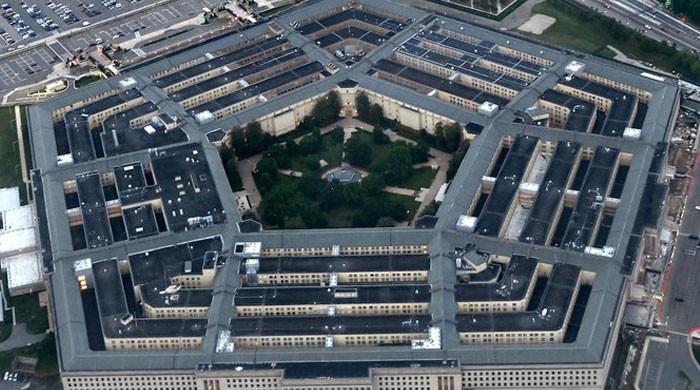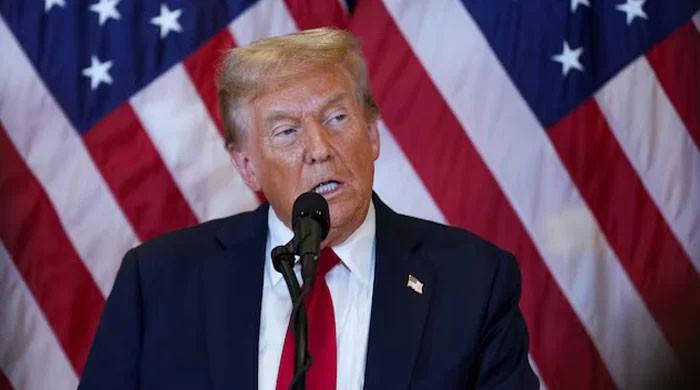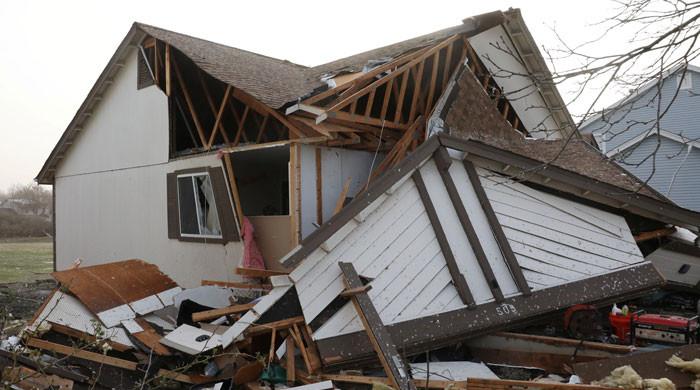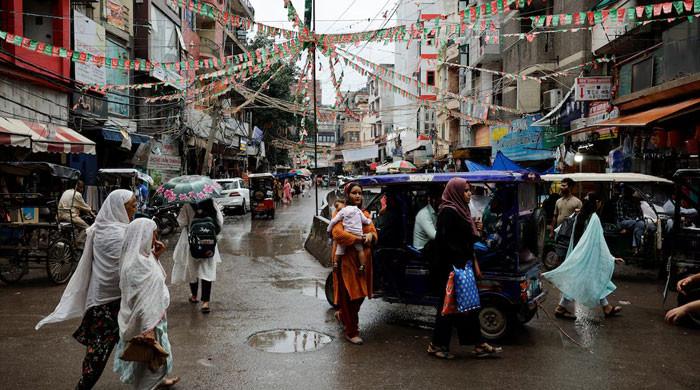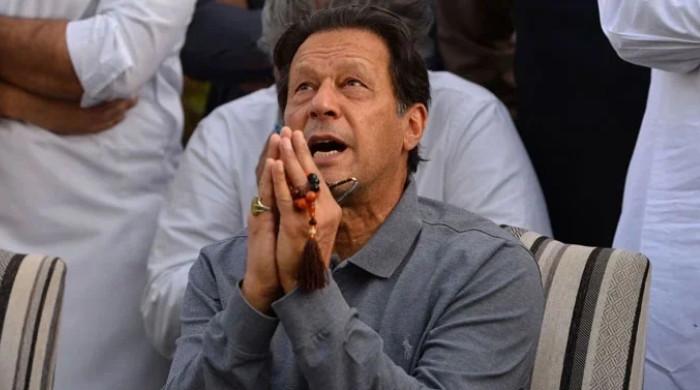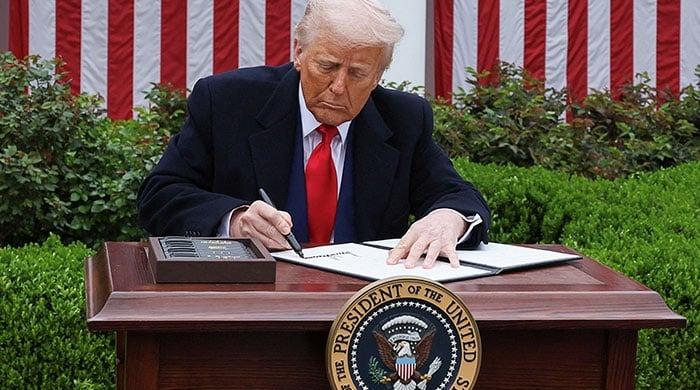North Korea test-fires cruise missiles to demonstrate nuclear counterattack
US-South Korea joint exercises infuriate North Korea, which views them as rehearsals for an invasion
February 24, 2023
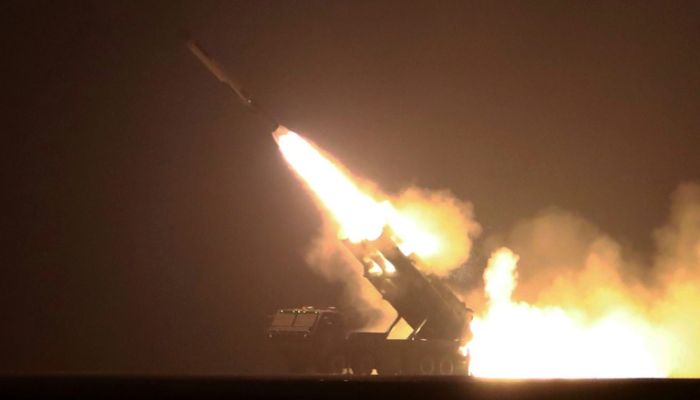
- North Korean forces fire four Hwasal-2s.
- Test-fires show country's "nuclear counterattack capability".
- Relations between two Koreas at one of their lowest points in decades.
SEOUL: North Korea said Friday it had fired cruise missiles and claimed that ramped-up US-South Korean military drills "can be regarded as a declaration of war".
It came after the two allies conducted a tabletop exercise at the Pentagon focused on responses to a nuclear attack by Pyongyang.
North Korean forces held a "strategic cruise missile launching drill" in the early hours of Thursday, firing four Hwasal-2s, the official Korean Central News Agency reported on Friday.
The exercise demonstrated North Korea's "deadly nuclear counterattack capability against the hostile forces", it said.
The defence ministry in Seoul questioned that description of the test, saying there was a difference between what was announced and what US and South Korean surveillance detected. It added that analysis was ongoing.
North Korea is not banned from firing cruise missiles under current UN sanctions, but the Thursday drill followed multiple weapons tests this week — including an intercontinental ballistic missile — which was condemned as "provocative" by the UN chief.
Pyongyang said that criticism was "unfair and unbalanced", and on Friday called on the global body — which met this week to discuss the North Korean launches — to "bitterly condemn" Seoul and Washington over their joint military exercises.
More drills
Following a year in which Pyongyang declared itself an "irreversible" nuclear power and fired a record-breaking number of missiles, Seoul and Washington have moved to ramp up joint exercises and redeploy US strategic assets to the region.
South Korea is eager to reassure its increasingly nervous public about the US commitment to so-called extended deterrence, where US assets, including nuclear weapons, serve to prevent attacks on allies.
South Korea does not have atomic weapons and remains officially committed to nuclear non-proliferation, even as calls grow domestically to consider getting its own nukes.
The joint tabletop exercise involved discussions on "potential options for responding to DPRK nuclear weapons use", Washington and Seoul said in a joint statement, using North Korea´s official name.
US-South Korea joint exercises infuriate North Korea, which views them as rehearsals for an invasion.
Soon after the exercise at the Pentagon, Pyongyang issued a statement claiming Washington's "hostile and provocative practices... can be regarded as a declaration of war".
"The only way for preventing the vicious cycle of escalating military tension... is for the US to show a clear and practical stand such as abandonment of its commitment to deploying strategic assets," and stopping joint drills, it added.
Food shortages
Relations between the two Koreas are at one of their lowest points in decades, with talks stalled and North Korean leader Kim Jong Un calling for an "exponential" increase in weapons production, including tactical nuclear weapons.
North Korea test-fired scores of banned missiles in 2022, putting East Asian neighbours on edge.
Kim's powerful sister, Kim Yo Jong, this week described the Pacific as the country's "firing range".
North Korea should stop spending on military development when its people are going hungry, South Korea´s unification ministry said Friday.
The cost of the three ballistic missiles it fired this week "is enough to buy about 100,000 tons of food for about two to three million vulnerable people for about five months," Lee Hyo-jung, deputy spokesperson of the ministry, told reporters.
South Korean officials have recently warned North Korea could be facing severe food shortages after years of pandemic-linked isolation.




